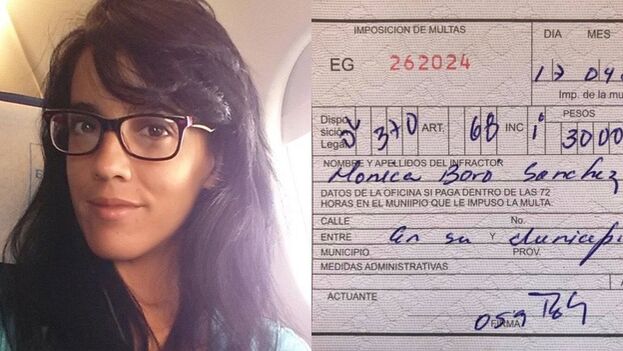
![]() 14ymedio, Yoani Sánchez, Generation Y, 22 April 2020 — While the coronavirus rages in Latin America, another enemy – not as tiny – is also gaining ground. Authoritarianism takes advantage of the health emergency and the fear of citizens to cut freedoms, crush rights and impose tight control over daily life. In a few weeks we have regressed many years and the steps backward could accelerate in the coming days.
14ymedio, Yoani Sánchez, Generation Y, 22 April 2020 — While the coronavirus rages in Latin America, another enemy – not as tiny – is also gaining ground. Authoritarianism takes advantage of the health emergency and the fear of citizens to cut freedoms, crush rights and impose tight control over daily life. In a few weeks we have regressed many years and the steps backward could accelerate in the coming days.
Along with the necessary calls for social confinement, restrictions on mobility and the closing of borders, some governments have gone further and have launched a campaign against the press and freedom of expression. Between one and another series of preventive measures they want to impose a bitter censorship and curtail of civic rights. Along with the quarantine and the masks, punishments and gags spread everywhere.
We have seen everything. From leaders and rulers who incite xenophobic hatreds and use the pandemic politically, to others who promote mass mobilizations despite the risk and minimize scientific recommendations. While many politicians insist they are combating dangerous hoaxes against health, they actually plunge the knife in an attempt to destroy their critics, who question their management and the media that challenges them.
In times of epidemic, independent reporters in Cuba receive more police citations than usual, and Internet users who report official errors are threatened with exemplary punishment. A shower of interrogations and fines has fallen on the press not controlled by the Communist Party and it is expected that these retaliations will increase as the number of cases positive Covid-19 also increase.
Along with interrogations by the political police, confiscations of work supplies and monetary penalties, the new wave of repression includes demonization campaigns against the private media, presenting these reporters as almost another type of coronavirus. Authorities seem especially interested in cutting off any narrative about the harsh reality of long lines, shortages, and economic uncertainty that have flared in recent days.
The official attacks are also characterized by amnesia. When, a few weeks ago social networks were filled with exhortations for classes to be canceled and borders closed to tourism, government spokespeople branded citizen proposals as manipulations coming from abroad. Days later, the Plaza of the Revolution imposed a package of measures very similar to the one it repudiated.
The delay of those weeks, in which official tourist campaigns continued promoting the Island as “a safe destination” and even hinted that the high temperatures of the Caribbean were an additional protection against contagion, was widely denounced in the independent media. The cost in lives of that delay is something we will never know with certainty.
Now, intolerance has escalated a step further, and a young journalist was summoned by police last week and given a hefty fine. Mónica Baró, winner of the Gabo Prize in the Text 2019 category, received threats for her posts on Facebook. According to the repressors, her crime is having disseminated “information contrary to the social interest, morality, good customs and integrity of people”, according to the draconian Decree Law 370 that regulates the distribution of content.
Sheltered through the coronavirus, other dangerous pathogens thrive, ones that – wearing a necktie or military epaulets – want to leave society without “information defenses.”
________________________
This text was originally published by Deustche Welle’s Latin America page.
COLLABORATE WITH OUR WORK: The 14ymedio team is committed to practicing serious journalism that reflects Cuba’s reality in all its depth. Thank you for joining us on this long journey. We invite you to continue supporting us by becoming a member of 14ymedio now. Together we can continue transforming journalism in Cuba.
